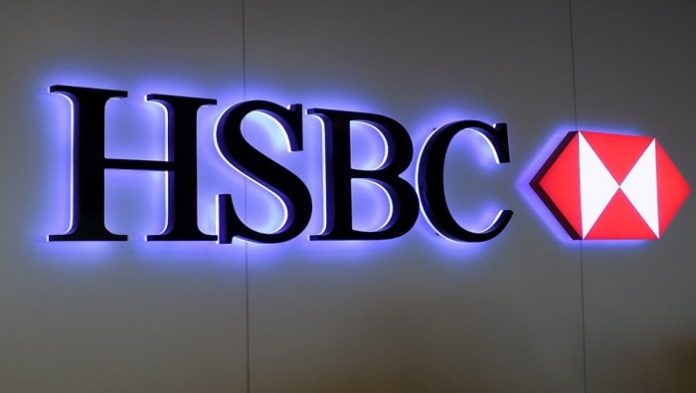The new chairman of HSBC Holdings is preparing sweeping changes in the boardroom of Europe’s biggest lender that will involve roughly one-third of its directors heading for the exit.
Sky News has learnt that three of HSBC’s non-executive directors, including the Deutsche Boerse chairman Joachim Faber, will not stand for re-election at its annual general meeting in the spring.
The retirements will reduce the size of HSBC’s board from 17 directors to 14, with a further slate of departures expected over the next couple of years, according to a person close to the company.
The changes, which will be disclosed in documents circulated to shareholders ahead of April’s AGM, are among the first big decisions made by Mark Tucker, who took over as HSBC’s chairman last year.
Sources close to the banking giant said that Mr Tucker’s plan to streamline the board had won the backing of regulators and leading shareholders.
The former chief executive of Prudential, who was recruited from the Hong Kong-based insurer AIA, is said by colleagues to have decided that HSBC’s board had become “overpopulated”, with too many committees encumbering swift decision-making.
The individuals who are stepping down from the board this year will do so for a variety of reasons, including their length of service at HSBC and business commitments elsewhere, according to an insider.
HSBC has historically had one of the largest boards in corporate Britain.
Existing non-executives include Lord Evans of Weardale, the former head of MI5; Kathleen Casey, a former commissioner at the US Securities and Exchange Commission; and Henri de Castries, former boss of AXA, the French insurer.
News of the boardroom cull comes in the week that HSBC’s departing chief executive, Stuart Gulliver, unveiled a jump in adjusted pre-tax profit to almost $21bn.
The results fell short of some City estimates but nevertheless vindicated Mr Gulliver’s “pivot to Asia”, which has seen it increase its investment in the region.
HSBC is also in the process of ring-fencing its UK retail bank ahead of new rules which come into effect next year, while it announced in 2016 that it would keep its headquarters in London following a year-long review.
Mr Gulliver, who had run the Asia-focused bank since 2011, handed the reins on Tuesday to John Flint, another long-serving HSBC executive.
Mr Flint’s appointment was the first major decision overseen by Mr Tucker, who has a reputation among colleagues and investors for impatience at driving changes aimed at delivering long-term value for shareholders.
The new chairman has an impressive pedigree in HSBC’s key Asian markets of Hong Kong and China, joining AIA in 2010 following a failed $35bn takeover bid for the company by his former employer, Prudential.






















